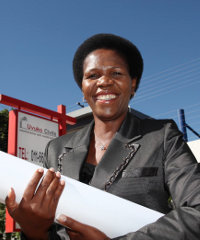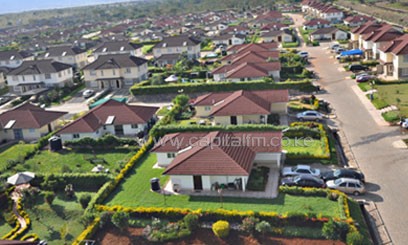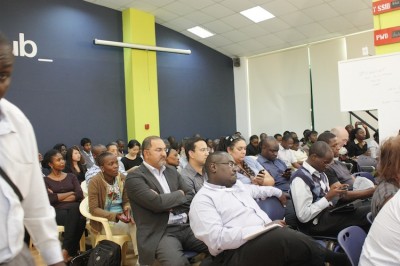Meru Country Roads Construction and Upgrading through Malaysia
On Wednesday the Meru County Assembly approved the construction of a 10Km pilot Probase Road section from Kianjai to Miathene with further 4Km bitumen road section, on the same road, to be constructed by the National Government for comparison purposes. This will pave way for construction of a further 300Kms of Probase roads across Meru County, where each of the nine Sub Counties will get 30 KMs. The roads to be constructed will be identified by the sub county residents.
The entire project will cost Ksh. 6 Billion and it will be funded by the EXIM Bank of Malaysia. The 10Km pilot Probase Road section will cost KSh. 310 Million.
MERU TOWN, Hon Peter Munya, Meru, Kenya, The National Construction Authority, EXIM Bank Bangladesh Limited, Caterpillar Inc., @CMC Motorrs, Excavators, Backhoe, JCB 3CX- Backhoe Loader
The infrastructure of Malaysia is one of the most developed in Asia.[159] Its telecommunications network is second only to Singapore's in Southeast Asia, with 4.7 million fixed-line subscribers and more than 30 million cellular subscribers.[160][161] The country has seven international ports, the major one being the Port Klang. There are 200 industrial parks along with specialised parks such as Technology Park Malaysia and Kulim Hi-Tech Park.[162] Fresh water is available to over 95 per cent of the population
On Wednesday the Meru County Assembly approved the construction of a 10Km pilot Probase Road section from Kianjai to Miathene with further 4Km bitumen road section, on the same road, to be constructed by the National Government for comparison purposes. This will pave way for construction of a further 300Kms of Probase roads across Meru County, where each of the nine Sub Counties will get 30 KMs. The roads to be constructed will be identified by the sub county residents.
The entire project will cost Ksh. 6 Billion and it will be funded by the EXIM Bank of Malaysia. The 10Km pilot Probase Road section will cost KSh. 310 Million.
MERU TOWN, Hon Peter Munya, Meru, Kenya, The National Construction Authority, EXIM Bank Bangladesh Limited, Caterpillar Inc., @CMC Motorrs, Excavators, Backhoe, JCB 3CX- Backhoe Loader
The infrastructure of Malaysia is one of the most developed in Asia.[159] Its telecommunications network is second only to Singapore's in Southeast Asia, with 4.7 million fixed-line subscribers and more than 30 million cellular subscribers.[160][161] The country has seven international ports, the major one being the Port Klang. There are 200 industrial parks along with specialised parks such as Technology Park Malaysia and Kulim Hi-Tech Park.[162] Fresh water is available to over 95 per cent of the population






















